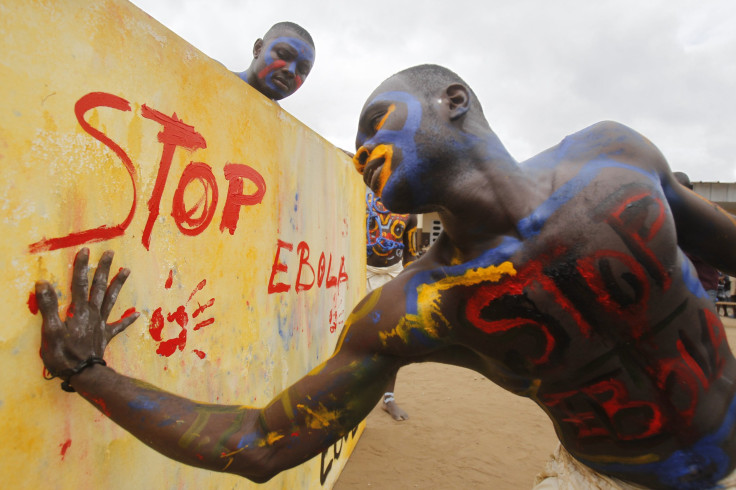WHO declares zero Ebola cases in most affected African countries for the first time since 2014

Three West African countries greatly affected by the Ebola epidemic had zero records of new cases in the first week of October since the outbreak started in 2014.
On Oct. 4, the World Health Organisation, or WHO, announced that no new cases were recorded in Guinea and Sierra Leone, while Liberia was first declared free of transmission of the Ebola virus on Sept. 3. The three countries were known to experience the worst known occurrence of Ebola in history.
The report indicated that it was the “first time a complete epidemiological week” passed with no confirmed cases in the countries since March 2014. “Previous experience indicates that at the tail end of an Ebola outbreak, we may see weeks with zero transmission interspersed with some flare-ups,” said United Nations, or UN, Spokesperson Stéphane Dujarric during a press briefing at the UN headquarters.
According to a previous WHO report, more than 11,000 people died because of the Ebola outbreak in Guinea, Liberia and Sierra Leone. Despite the falling number of cases in 2015, the health organisation warns that the disease may recur due to existing and lost high-risk contacts.
“While the news is very encouraging, there are still a number of high-risk contacts,” Dujarric said.
To date, there are still more than 500 people who remain under follow-up inspection in Guinea, while several "high-risk" contacts linked with active chains of transmission in Guinea and Sierra Leone were lost to follow-up.
This is the second time for Liberia to be declared with zero cases of Ebola transmission after a flare-up in June. Meanwhile, the last recorded Ebola patients in Sierra Leone were released on Sept. 28, while Guinea reported its most recent cases on Sept. 27.
In light of the news, however, WHO noted that “robust” surveillance measures are still required to ensure the rapid detection of the re-emergence of the disease in unaffected areas.
Contact the writer at feedback@ibtimes.com.au or tell us what you think below





















